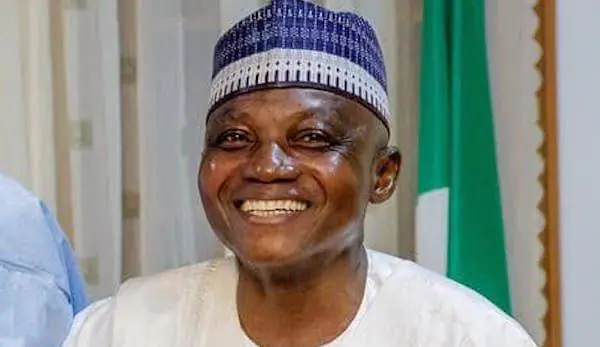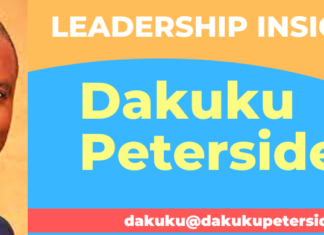The Presidency explained that inflation was boosted everywhere by the COVID-19 lockdowns with severe impact on national economies.
By Jeffrey Agbo
The Presidency has said that President Muhammadu Buhari is not to blame for the high inflation in the country, noting that it is a worldwide problem following the global economic downturn and the COVID-19 pandemic.
Presidential spokesman, Garba Shehu, stated this while reacting to a Guardian newspaper article on Tuesday, tying the rise in inflation to the Buhari administration.
Shehu said: “These days, the Guardian newspaper is at its best when it comes to twisting politically sensitive facts to suit its preconceived notions.
“In one of its highest fallacies, the paper this morning is tying the rise of inflation to its 17-year high to the person of the President, Muhammadu Buhari who leaves office in exactly two weeks from this day.
”Anybody who promotes this kind of thinking is telling the whole world that they either don’t know what is happening all over the world or they are not paying attention to the facts.”
The Presidency explained that inflation was boosted everywhere by the COVID-19 lockdowns with severe impact on national economies due to the dislocation of manufacturing and supply chains.
READ ALSO:
South-East has no justification to demand Senate Presidency — Arewa chieftain
According to him, this is what led to the rise in prices of those goods reaching the market.
”Considering that Nigeria relies heavily on imports for essential products like petroleum, cooking oils, fertilizers, crop chemicals, and others, international price fluctuations significantly impact local prices.
”The government, unless it chooses to disregard the principles of free trade, has limited maneuverability in this regard,” he added.
Shehu further observed that France, which enjoyed a stable average inflationary regime of 4.1 percent from 1960-2022 is today reporting price increases of up to 1,080.36 per cent.
According to the Presidency, at 10.1 percent, UK inflation is at a 41-year high. Ghana’s inflation rate has hit a two-decade high of 54.1 per cent before a recent decrease.
”Turkey’s rate is 45 per cent, Pakistan has also reported an alarming high inflation rate comparable to countries with similar profiles,” he said.
Shehu maintained that the war in Ukraine had since translated into a rocketing in foodstuff prices leading to fear of famine in many countries.
”While Nigeria’s reported inflation rate of 22 per cent is undoubtedly high and worrisome, it would be incorrect to suggest that the Buhari administration is not making efforts to address the volatile global cost of living crisis,” he added.
Shehu affirmed that the administration had consistently prioritised efforts to control inflation and would continue to do so.















